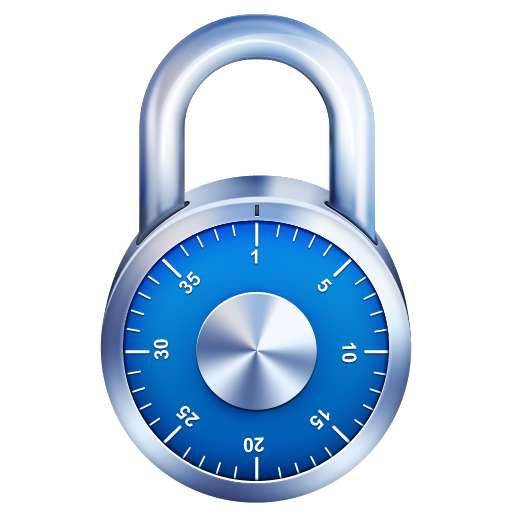
If you're in the market for a new home, you will need to know when the best time to lock your mortgage rate is. When to lock the rate depends solely on individual circumstances, so borrowers should work closely with their lender to make the decision. A borrower can lock in a rate only after the initial loan is approved. However, many borrowers wait until they have found a home to lock. Mortgage rates are currently the lowest they've been in years but this could change within the week, so it's important to take advantage of this and lock in a low rate. In a previous blog we discussed why the mortgage rates are so low, but this will change frequently. In this blog we will be looking at how to lock in the lowest rate possible to save you the most money.
The process for locking in an interest rate varies from one lender to another. You may have a lock-in agreement with your mortgage lender which ensures the interest rate at the time of closing, regardless of the actual rate at that time. This is obviously more important when rates are going up, so you can keep your mortgage interest rate low.
There are a few things to keep in mind regarding a mortgage rate lock-in to help ensure you are getting the best rate:
1. A rate quote is different than a rate lock - a quote has not legally binding and subject to change as the rates change; a rate lock secures that interest rate at the time of closing and is a binding agreement
2. Be organized and prepared; it is best to have a specific property in mind and even better to be close to closing
3. Get the rate lock in a legally binding document, not just a verbal offer
4. Make sure the rate lock gives you enough time to finalize your loan - most are 30 - 60 days in duration
When locking in a mortgage rate, let your mortgage lender guide you through the process. Know your estimated closing date, and try to time your rate lock with that date. If you estimate 30 days to close, find out what the interest rate would be if you locked it for a 45-day period. You can't afford to take more time then you should.
You can save a lot of money by locking in the lowest rate possible to you. The important thing is to get your rate on a day it's low and lock for enough time to close your loan. Interest rates are constantly changing, and currently they're the lowest they've been in years. Intercoastal Mortgage Company can help you obtain the best possible rate for you. Contact me and I will assist you in locking the best interest rate for your loan.



